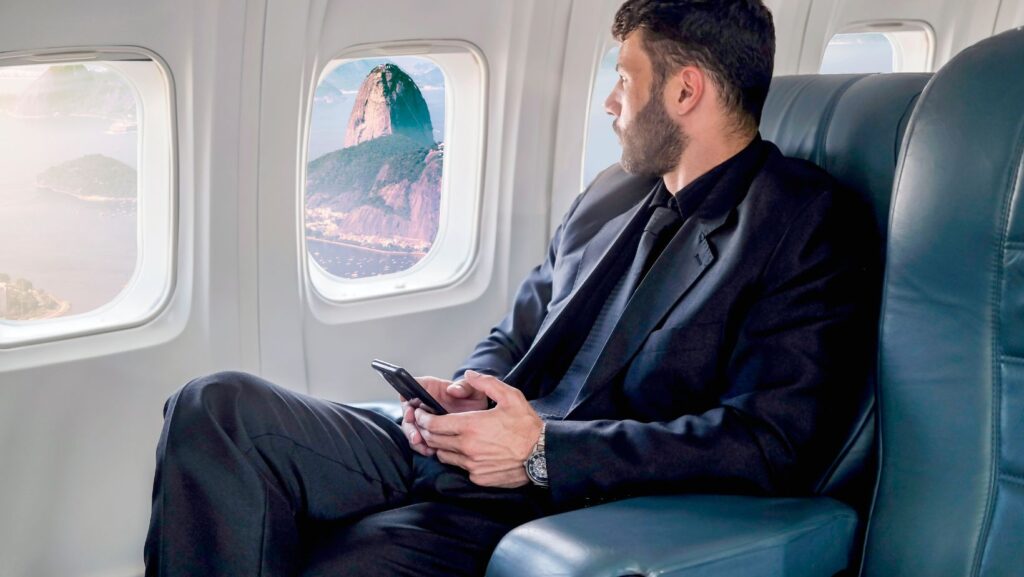Traveling alone can be one of the most rewarding experiences a person can have. It offers a rare chance to explore the world at your own pace, make spontaneous decisions, and grow in confidence. For first-time solo travelers, however, that sense of freedom can also come with uncertainty and perhaps a sense of fear. Planning carefully, staying aware, and keeping an open mindset can transform what seems intimidating into something unforgettable.
Solo travel continues to grow in popularity, especially among younger generations seeking independence and adventure. Whether you are planning a weekend getaway or a month-long journey abroad, the key to a successful solo trip lies in striking a balance between preparation and discovery. With the right approach, traveling alone becomes not just a vacation but a deeply personal journey.
Planning with Purpose
Before setting off, thoughtful preparation can make all the difference, as solo traveling involves numerous variables that can go wrong. Choosing the right destination is a good place to start. Countries known for safety, efficient transport, and friendly locals often make excellent options for first-time solo travelers. Researching entry requirements, cultural norms, and local laws can prevent surprises once you arrive. It’s also wise to sort out your mobile connectivity ahead of time, especially if you’ll be relying on maps, translations, or transportation apps. Many travelers now prefer eSIMs for convenience, and you can even Find free esim trial with MyRoami to test reliable coverage before committing to a plan.
It also helps to create a flexible itinerary. Instead of booking every hour of the trip, focus on a few must-see experiences and allow time for spontaneous exploration. Booking accommodations in advance, especially for your first few nights, ensures stability at the start of your journey. Once you find your rhythm, it becomes easier to adapt plans as you go, making each day feel both structured and free.
Packing Smart and Being Organized
Packing light is a common piece of advice for anyone traveling, but it becomes even more valuable when you’re traveling solo. Managing a single, well-organized bag makes it easier to move around, reduces stress, and keeps important items close at hand. Prioritize essentials such as travel documents, chargers, and a small first aid kit. Keeping copies of identification and insurance details can also provide peace of mind.
A well-organized traveler tends to be a more confident one. Using packing cubes or compartments helps separate clothing and essentials efficiently. Maintaining a daily checklist, even a short one, ensures you do not leave behind anything vital when checking out of accommodations. These small habits help you stay focused on enjoying your trip, rather than worrying about logistics.
Staying Safe
Safety is always a top priority, particularly when traveling alone. Sharing your itinerary with a trusted friend or family member is a simple way to ensure someone knows your location. Regular check-ins, even through short messages, keep communication open without taking away from the experience. This not only helps to ensure your safety, but it also gives those at home the peace of mind knowing that you’re safe and having fun. Just as travelers remain mindful of risks on the road, responsible engagement with online platforms, like slingo casino, emphasizes awareness and caution to ensure enjoyable and secure experiences.
When exploring new areas, staying aware of your surroundings helps you feel more comfortable. Choosing well-lit routes, avoiding excessive displays of valuables, and trusting your instincts all contribute to personal security. Most destinations are safe for travelers who stay alert and make sensible choices. Confidence, not caution, should define your journey, knowing the difference between awareness and fear is what makes solo travel empowering.
Embrace the Culture and Experience
Solo travel opens the door to genuine cultural experiences. Without the influence of companions, you are more likely to engage with locals and learn about their daily lives. Simple conversations with shop owners, market vendors, or fellow travelers can provide valuable insights into a place’s personality.
Participating in local traditions, sampling regional cuisine, or attending community events can strengthen the sense of connection. It transforms a destination from a series of landmarks into a living, breathing experience. Respecting cultural customs and showing curiosity builds bridges, turning your solo trip into an opportunity for shared understanding.
Make Connections Along the Way
There is a common misconception that solo traveling must be lonely, but this is simply not the case. Many destinations offer communities of like-minded explorers eager to share stories and experiences. Staying in hostels, joining walking tours, or participating in group activities provides an easy way to meet people. These interactions can lead to lifelong friendships or even inspire future adventures.

It’s also important to enjoy your own company. Spending time alone in a café, visiting museums, or simply walking through unfamiliar streets gives you a chance to reflect and appreciate independence. Balancing solitude with social interaction is what makes solo travel unique; it’s a journey of connection as much as self-discovery.
Don’t Let Challenges Knock Your Confidence
Even well-prepared and seasoned travelers face occasional challenges, from missed trains to language barriers. The key is maintaining perspective. Viewing obstacles as part of the adventure allows you to adapt without frustration. Carrying a translation app or learning a few local phrases can make communication easier and show respect to the people you meet.
Flexibility is your best asset. Plans may change, weather may interfere, or unexpected opportunities may arise. Embracing those moments rather than resisting them leads to some of the most memorable experiences. Solo travel teaches problem-solving in real time, a skill that stays with you long after returning home.



